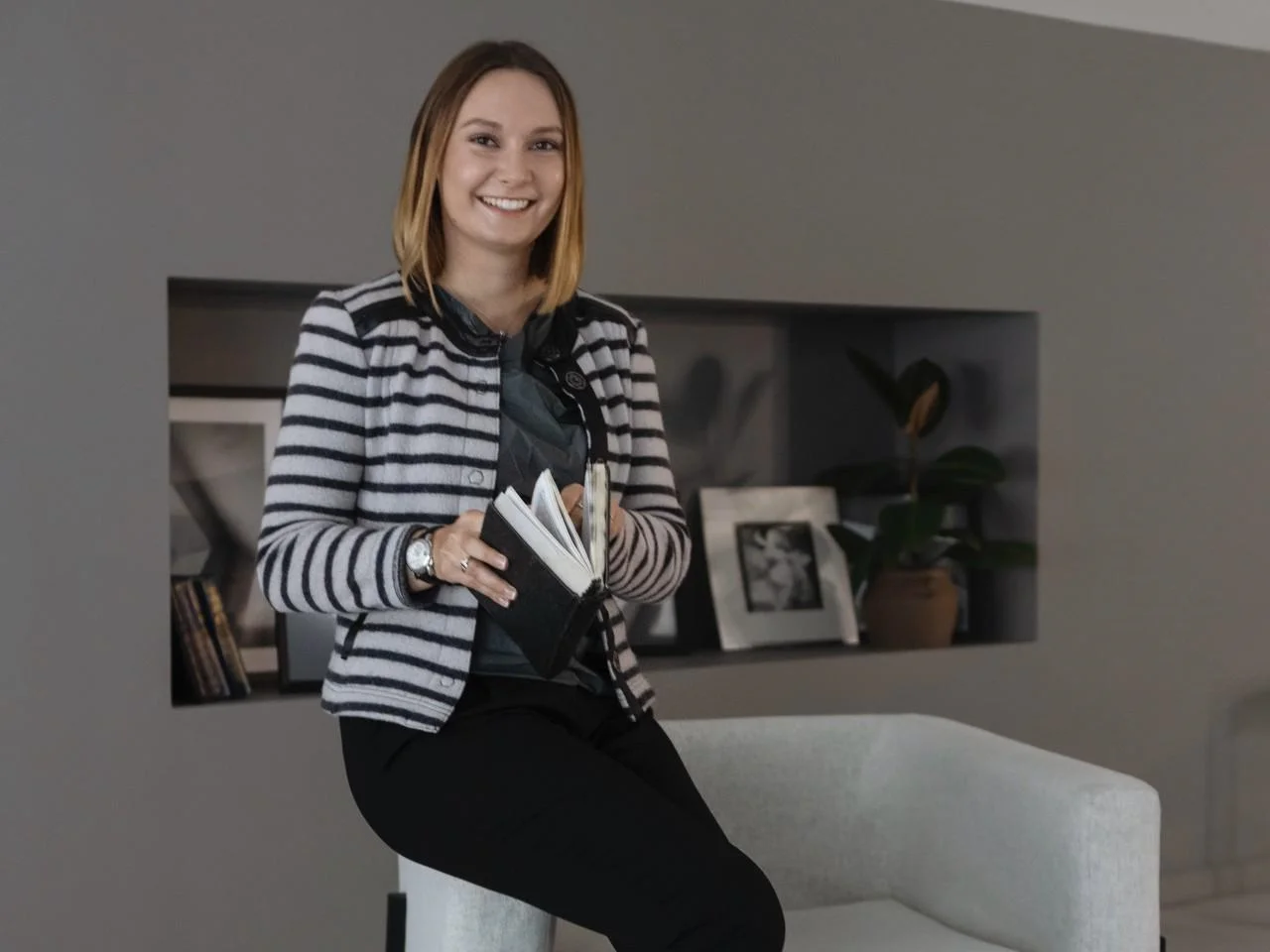Employee wellbeing and hybrid working: a Q&A with Alexandra Kirienko
How can companies make employees as happy and productive as possible?
Alexandra Kirienko is a PhD candidate in the Department of Psychological and Behavioural Science
I work a lot with the data that the pandemic produced, using this unique natural experiment as a window to how work could look in the future.

What are you currently researching?
My research focuses on employee wellbeing, productivity and hybrid working. I focus on finding out the best ways for companies to make changes, such as introducing hybrid working, to make employees as happy and productive as possible.
Why did you choose this area of study?
I first encountered behavioural science during an LSE100 lecture during my BSc Philosophy and Economics which I also completed at LSE. Feeling that my main disciplines did not fully answer the questions I was curious about, I listened to some social psychology lectures, discovering a new academic perspective.
After my BSc, I joined an investment bank for a couple of years, where I realised that something didn’t work for me. I left my job and returned to behavioural science in search of answers for how the world of work could be different.
I applied for the MSc Behavioural Science with the thesis that large conservative organisations will have to be more flexible to avoid losing young talent to younger, more agile companies. When COVID happened, my MSc thesis played out – companies where "facetime" in the office was a cultural requirement were forced to allow employees to work remotely because of the pandemic restrictions.
In my PhD research now, I work a lot with the data that the pandemic produced, using this unique natural experiment as a window to how work could look in the future.
How will your research improve or have a wider impact on society?
For my research, I use a lot of secondary data, which means that I partner with organisations who are interested in insights about employee productivity, wellbeing and ways in which behavioural insights could help improve outcomes. I originally focused my work on the finance industry but am now seeing interest from many other industries where findings on how to best structure hybrid working are extremely relevant and important.
What have been the highlights of your research work so far?
The findings from my work on one of the datasets provided by the Malta Business Bureau were striking and insightful. I was interested in what makes employees prefer working at home compared to the office. Testing variables such as ergonomic chair provision, high-speed internet, and a dedicated office desk was interesting, but almost irrelevant when gender was considered. I now work a lot in the inclusion space because of the significance of gender for our choices.
What has been your biggest challenge so far?
The biggest challenge for me has been choosing which projects to take on. There are so many questions, a high demand for answers, and so many methodological skills I want to learn, that there is simply never enough time.
I was lucky to be invited to take part in the Summer Institute for Computational Social Science at Imperial College, where I worked with early-stage researchers from other institutions on applying machine learning techniques. Our project on employee turnover received a research grant which is extremely exciting. The challenge is to be strategic in incorporating all such projects into the timeline of the next few years.
What advice would you give to prospective students on the most effective way to approach research and keep stress levels down?
Let go of perfectionism and wanting to do everything to the best of your ability. Research involves creating something new, which is right at the top of Bloom’s taxonomy pyramid – it is hard work. So – just do it and give yourself credit for the amazing contribution that you are bringing to our understanding of the world.
In a few words, what is the best thing about studying at LSE?
The unique social sciences atmosphere which supports you in tackling problems from fresh perspectives. You can book an office hour with professors from different departments; you are always supported by the department of Methodology to make sure your research is sound and rigorous. These incredible resources are what I believe are at the heart of LSE’s world-leading research.